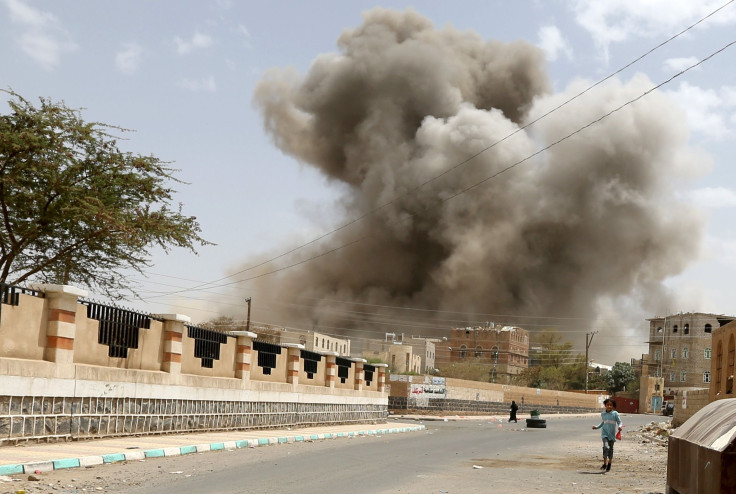Airstrikes Vs IS In Syria: Canadian Forces Having Hard Time, US Expenses Has Reached Over $2B

Brig.-Gen. Dan Constable, commander of the Canadian Forces Joint Task Force Iraq, has revealed the expanded airstrike mission in Syria against the ISIS Daesh was harder to conduct than they thought. It’s been nine days since Canada made its first airstrike into the country and hasn’t followed up since then due to lack of presence of allied forces on the ground.
The mission in Iraq was easier compared to the one in Syria because the coalition has the support of the Iraqi soldiers on the ground. They act as the coalition’s eyes, zoning on targets for the jet fighters to bomb.
But it is a different case for the Syria mission. Ottawa Citizen reports, citing Constable, that targets for strike attacks are gathered from the air, by the fighter pilots themselves or crews from surveillance aircraft. “It’s a little bit more problematic building (information on) all those targets in Syria because we don’t have those Iraqi forces,” Constable said. “That’s the difference between Iraq and Syria.”
Even the airstrike conducted on April 8 has been done in a "very deliberate manner." For now, members of the Canadian Forces are familiarising themselves with the terrain in Syria as well as gathering intelligence before they stage successive airstrikes against the crazy ISIS Daesh. Canadian CF-18s routinely fly into Syria to observe potential targets, Constable said.
The extended and expanded mission to include Syria will cost Canadian taxpayers a total of $528 million by next March, that is, $406 million for one year extension and $122 million for the one held from October 2014 to March 2015. The figure is still a far cry from the one already spent by the United States, which has breached the $2 billion mark.
A report by The Hill, citing data on a monthly cost update supplied by the Pentagon, states that as of Mar. 26, 2015, the expenses incurred since kinetic operations started on Aug. 8, 2014 against the ISIL has reached $1.96 billion. The average daily cost, the report added, is $8.5 million.
To report problems or to leave feedback about this article, email: e.misa@ibtimes.com.au.





















